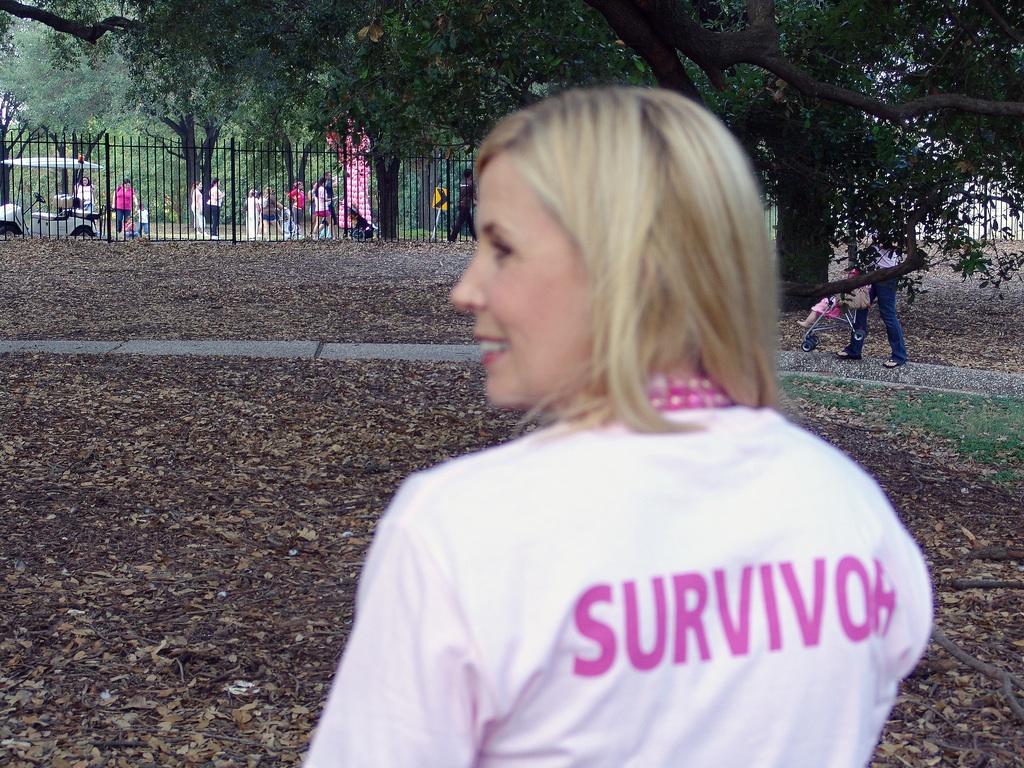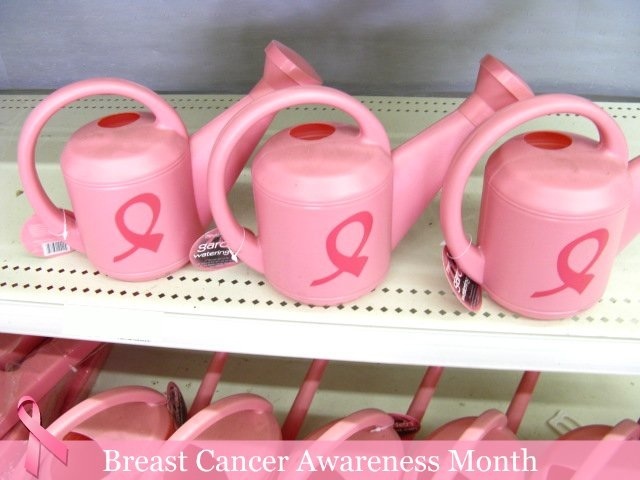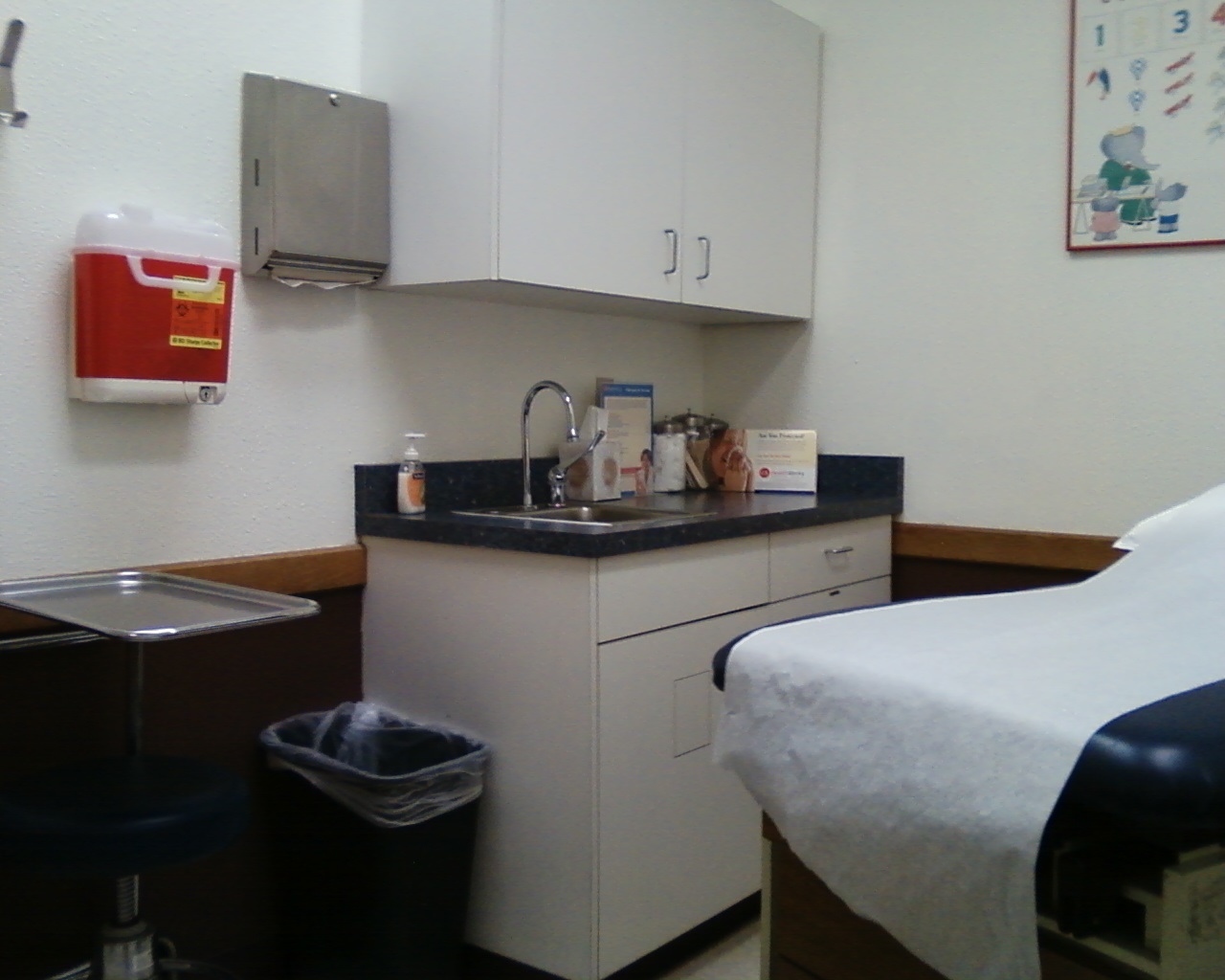The Misplaced Rhetoric of Medicine
John A. Vaughn, M.D.
Rhetoric is one of the most powerful, and yet least recognized, forces at play in the doctor-patient relationship. I learned this lesson very early on in my career and am reminded of it daily in my clinical practice. With this essay, I hope to shed some light on how rhetoric impacts the care I provide and you receive, and how a better appreciation of it can help us all in our efforts to heal.
Early in my career, I saw a 64-year-old African American woman as a new patient. Her past medical history was significant for a litany of serious medical conditions: diabetes, hypertension, heart disease, and stroke, among others. Before moving on to my examination, I asked her if she had any other medical conditions.
She replied, "I'm a survivor."
She said the word like an incantation, an invitation to some shared and profound understanding. But I didn't really hear her, and without a second thought I made a horrible mistake.
"A survivor of what?" I asked.
The contempt with which she replied "breast cancer" startled me. I suddenly knew, without exactly understanding why, that our relationship was over before it had even begun.
On the surface, it seemed a fair question. After all, from a medical standpoint she had survived many threats to her health. But from a rhetorical standpoint, her breast cancer was everything to her and I was completely oblivious to that fact.
Any discussion about breast cancer, whether in the exam room or on a television talk show, seems to be framed by a fierce rhetoric epitomized by that single word: survivor. While this has led to many positive outcomes—breast cancer research and treatment is light years ahead of many other forms of cancer—it has also led to a unique relationship. For the first time in history, an illness has come to define a lifestyle.
Seemingly overnight, breast cancer survivors and their supporters became a new demographic: a proud, strong, active, committed, and engaged group of people. And apparently, a group with a tantalizing pool of discretionary income whose complexity of experience could easily be distilled down to a clearly identifiable set of consumer preferences.
Companies couldn't throw their products into the "fight" against breast cancer fast enough to capitalize on the extremely powerful associations that people made with the disease. Suddenly, store shelves were covered in pink: kitchen mixers, clothing, tote bags, stationery, pencils, water bottles, tea kettles, vacuums, knives, tennis rackets—even golf clubs and motor oil. There had never been an illness with such corporate synergy; the pink ribbon had become the golden arches of medicine.
This was not the first time that an illness had become fashionable. To the 19th-century literary establishment, the "consumption" and pallor of tuberculosis was seen to be a sign of heightened spirituality. And creating a brand around an illness to sell a product is certainly not unique to breast cancer, as the ubiquitous pharmaceutical commercials with their sleepy green butterflies and sneezing bumble bees make clear. But turning consumer transactions into a personal statement of "support" for people with a specific illness was different; it created a new, insidious form of rhetoric that impacted the doctor-patient relationship in a way never seen before.
Breast cancer is not tainted with the faint aura of personal failings and guilt that diseases like diabetes, lung cancer, or even depression are. No one would ever suggest that you could beat it if you just had more will power: to quit smoking, lose weight, or just "snap out of it." In a strange way, the overwhelmingly positive reinforcement that people like my patient get from a diagnosis of breast cancer reinforces the subtle message that other illnesses are somehow not as worthy of our support. These hidden negative associations can make already difficult conditions even harder to manage.

"Breast Cancer Care Ribbon Walk 2008 - Blenheim Palace
& the Oxfordshire countryside" by inadvisable, flickr
Admittedly, any illness that threatens a life has the potential to define it, but in a very real sense my patient was "sold" a highly polished rhetorical lens through which to refract her entire life. While this lens intensified the primary colors, it washed out the finer hues that gave it its texture. She invested her entire sense of self worth—or at least her entire sense of my worth—in that single word and when I didn't recognize it, I immediately lost credibility. After all, if I didn't even understand the basic language with which she framed her core beliefs about her health how could I possibly help her to manage that health?
I never saw her again.
We hear a lot these days about the many ways in which the health care system fails us—financially, logistically, morally—but lost in the din of reproaches and recriminations is a more thoughtful exploration of how these failures affect the rhetoric of our health. This is a dangerous omission because the doctor-patient relationship—the point at which the health care system goes from theoretical construct to physical reality for all of us—is frequently the culmination of a very personal rhetorical contest.
The word "contest" implies an adversarial relationship, which is seemingly antithetical to the relationship between physician and patient. But it is often an apt description for clinical care: while each shares the ostensible goal of improving health, they approach it essentially as an exercise in persuasion. You try to persuade your physician you need an antibiotic while she argues you need nothing more than time and rest. You try to convince him that you need an MRI for your headache while he tries to convince you that you just need to cut down on the caffeine and take some Tylenol.
But our rhetorical sabers cut far deeper than the blunt edges of their banality would suggest. We talk in the language of pills and lab tests and scans, but we are really engaged in a debate about much deeper concerns: of dying, of not being taken seriously, of having our competence questioned, of being heard.
It's disheartening how often we fail to connect on even the simplest problems. As my patient taught me, a single word, spoken with the best of intentions, has the power to destroy a potentially lifelong therapeutic relationship in an instant. The stakes are that high.
A professor in medical school once told me that no matter how much the economics of health care may change, medicine will always come down to the bond between doctor and patient. While those sentiments are what drive most physicians' passion for their work—they certainly do for me—their near-sightedness can at times do more harm than good.
They don't acknowledge our hard-wired cultural impulse to do something—anything—at all costs. They don't acknowledge the inverse economics of our health care system. They don't acknowledge the wall of co-pays, deductibles, and preferred provider lists that patients run into. And ultimately, they don't acknowledge the fact that all of us, physicians and patients alike, are constantly bombarded with the message that the cure for our ills is out there somewhere but we're just not getting it.
It may sound Pollyannaish to suggest that we can overcome all of these enormous cultural and economic forces with a well-placed word, but when we refocus the rhetoric of the doctor-patient relationship from one of diagnosis and treatment to one that at least acknowledges their effect, we can take the first steps towards true healing.
John Vaughn is a physician at The Ohio State University Student Health Services and Clinical Assistant Professor at The Ohio State University College of Medicine. His writing on the doctor-patient relationship has appeared in The Los Angeles Times and Medical Economics. He is currently developing a course in narrative and medicine with The Ohio State University Department of English.


